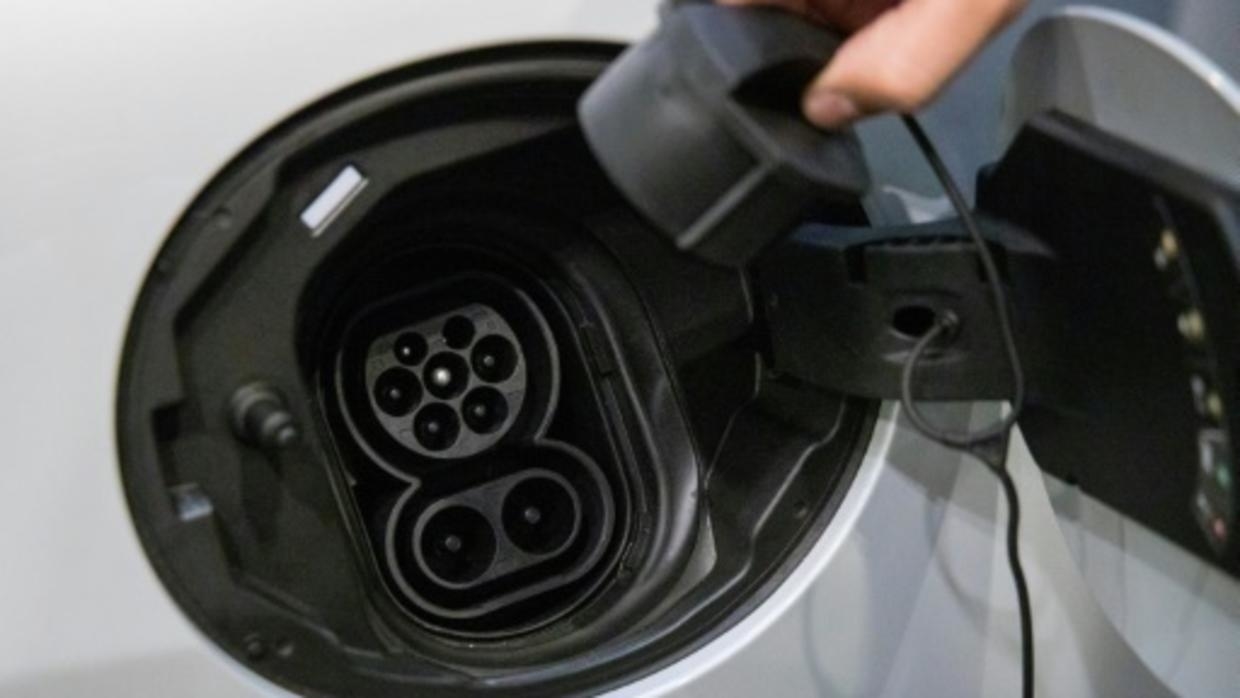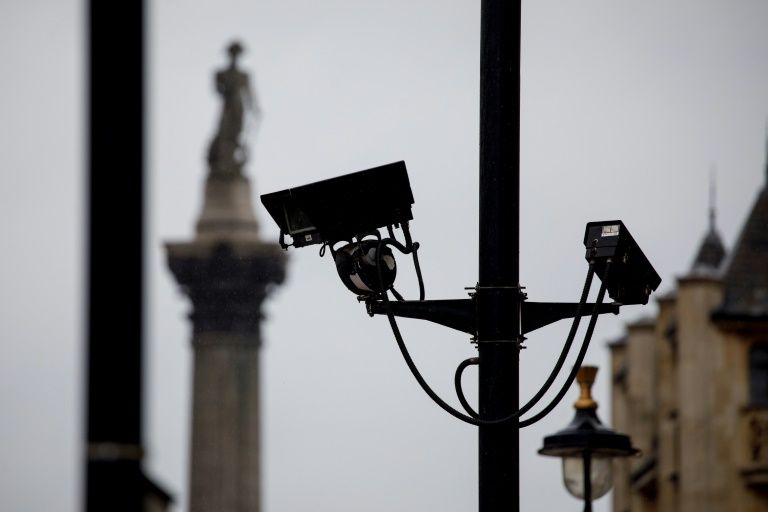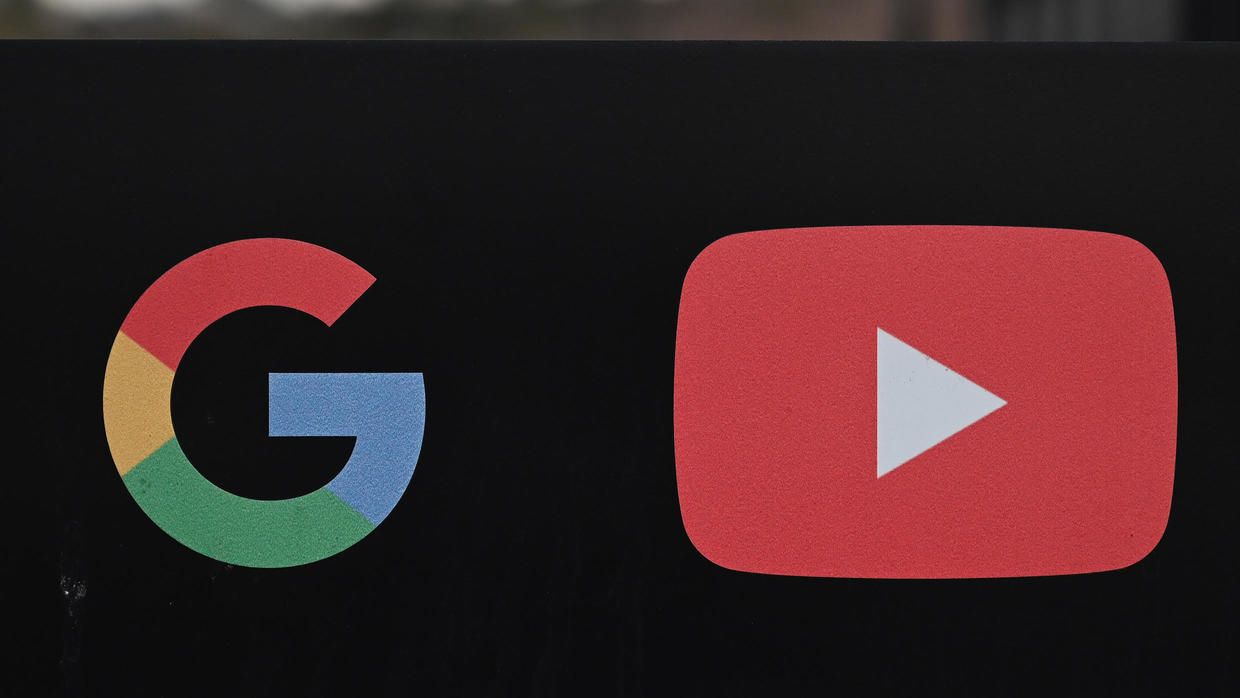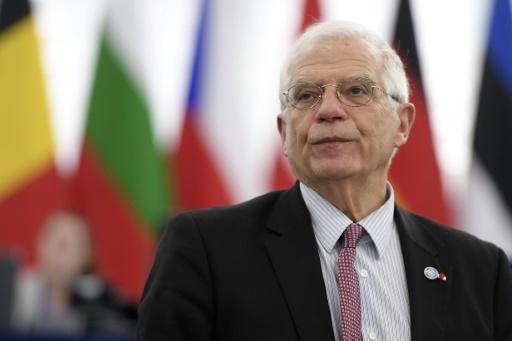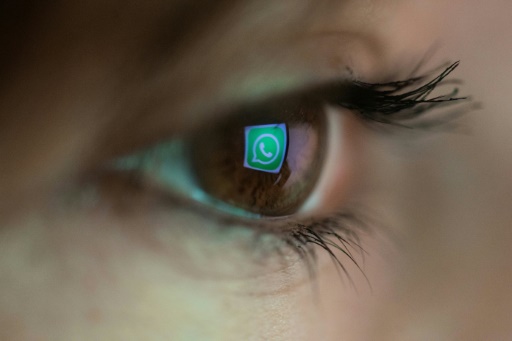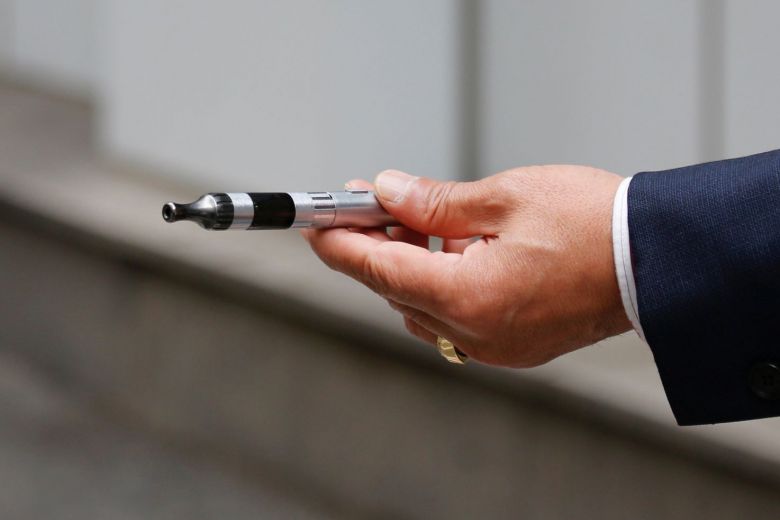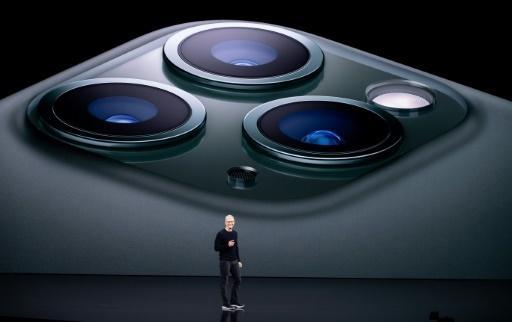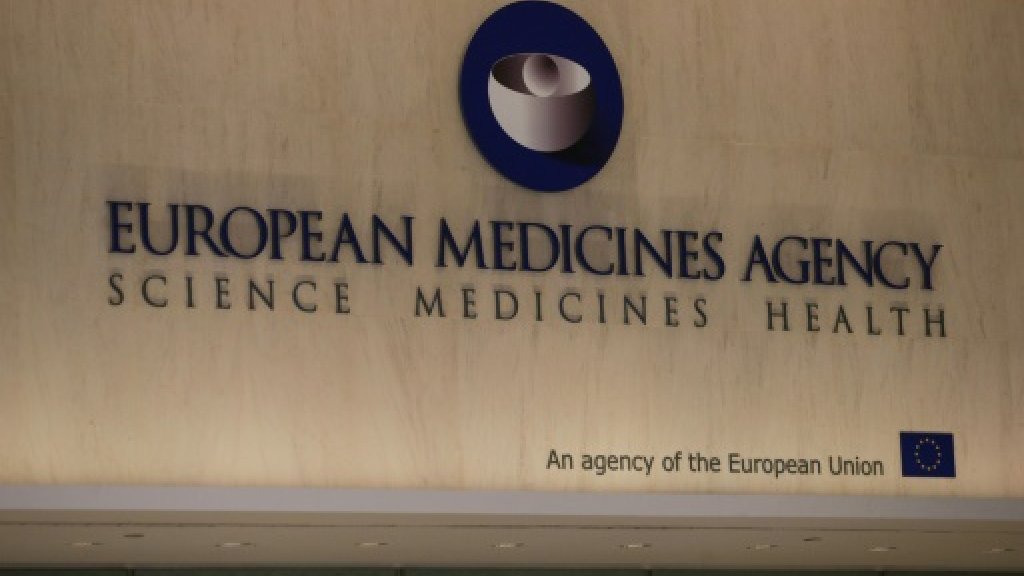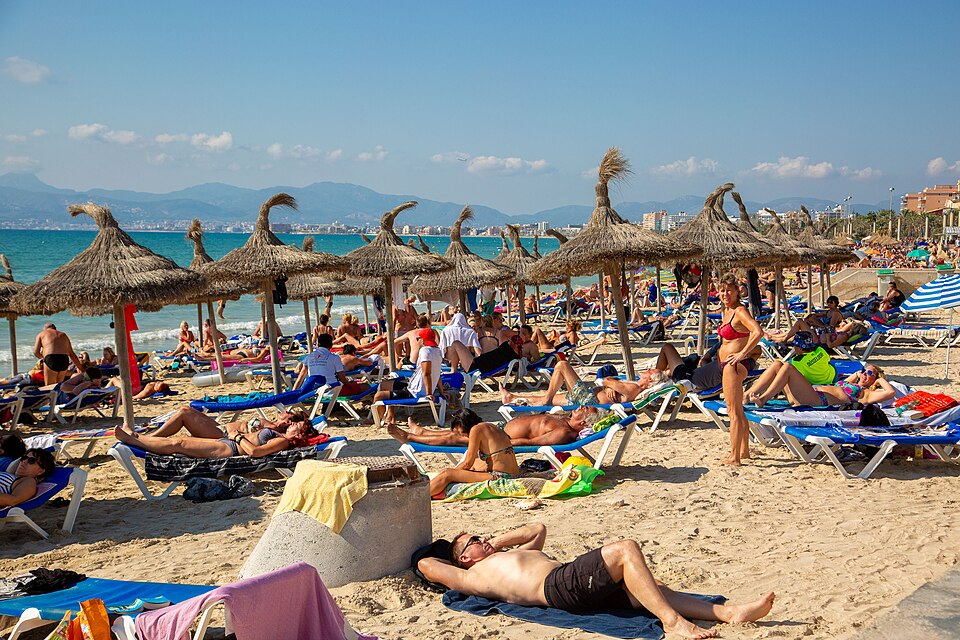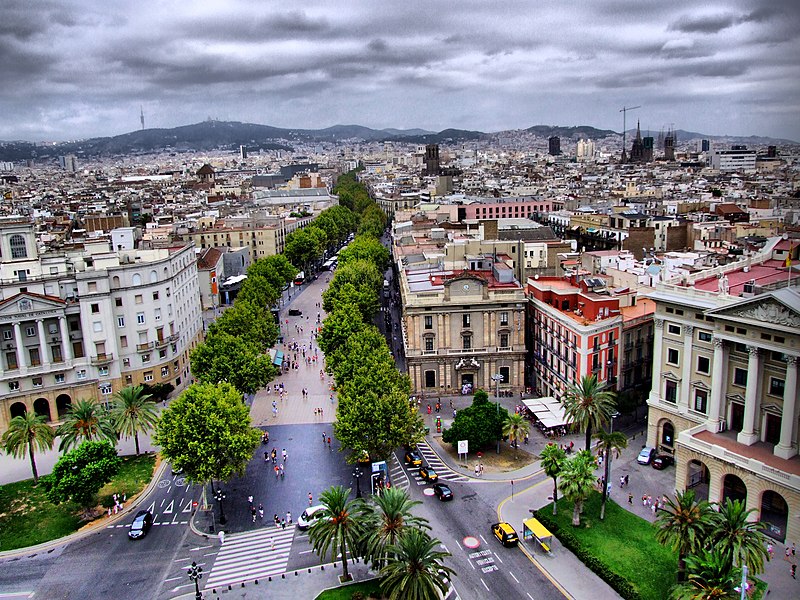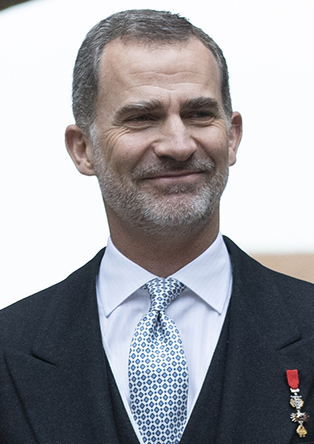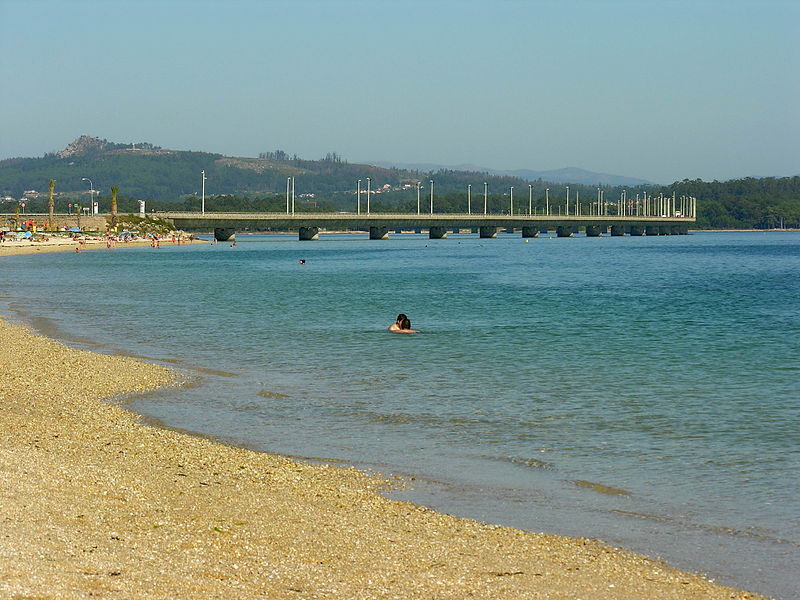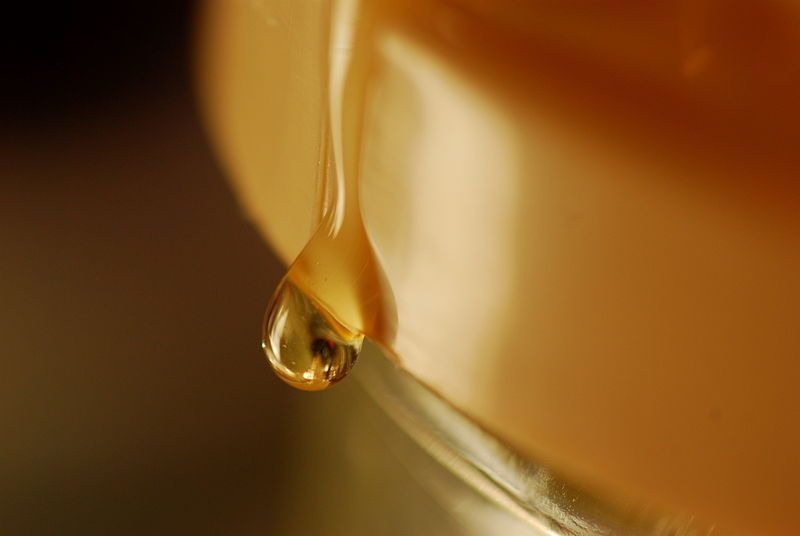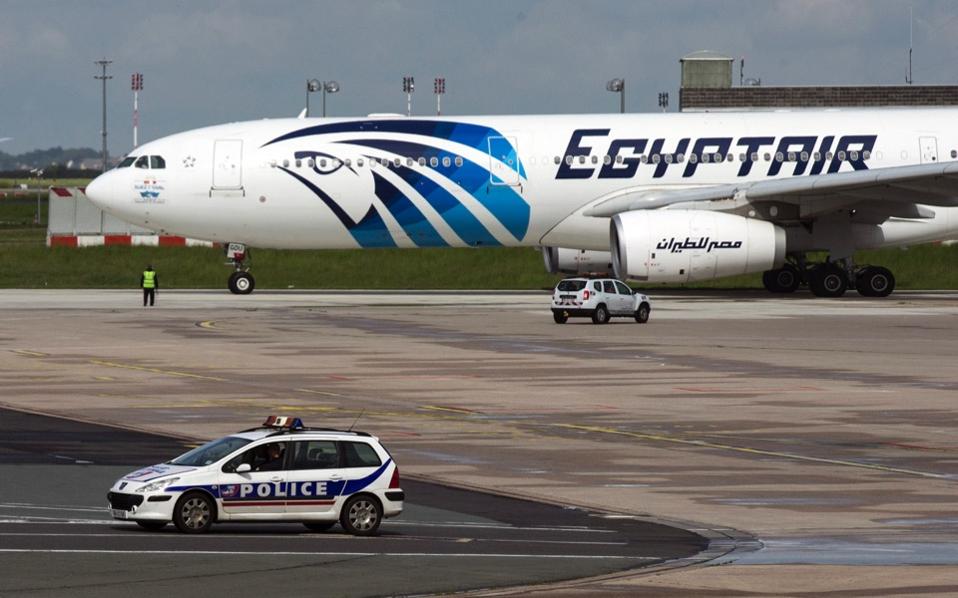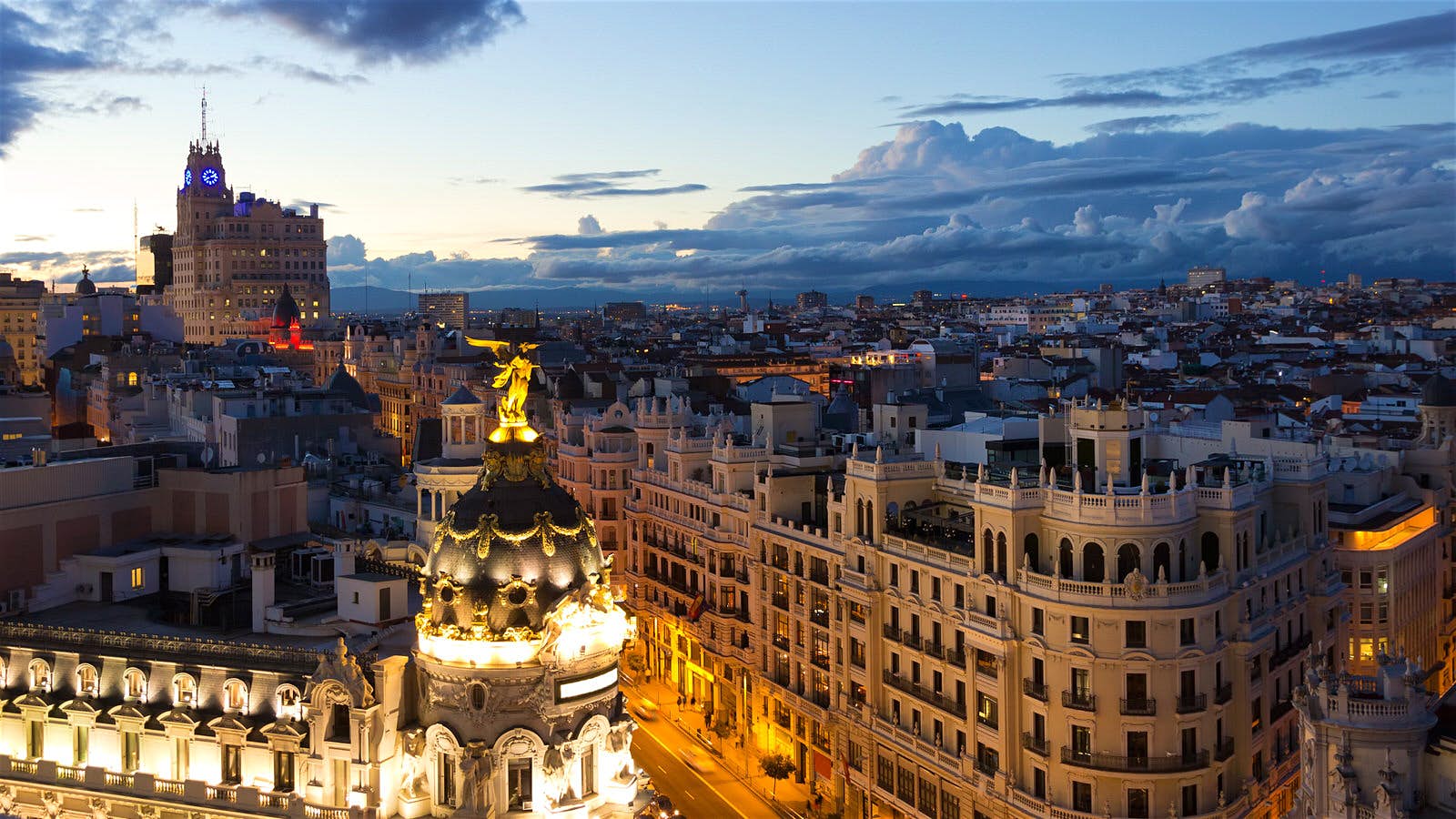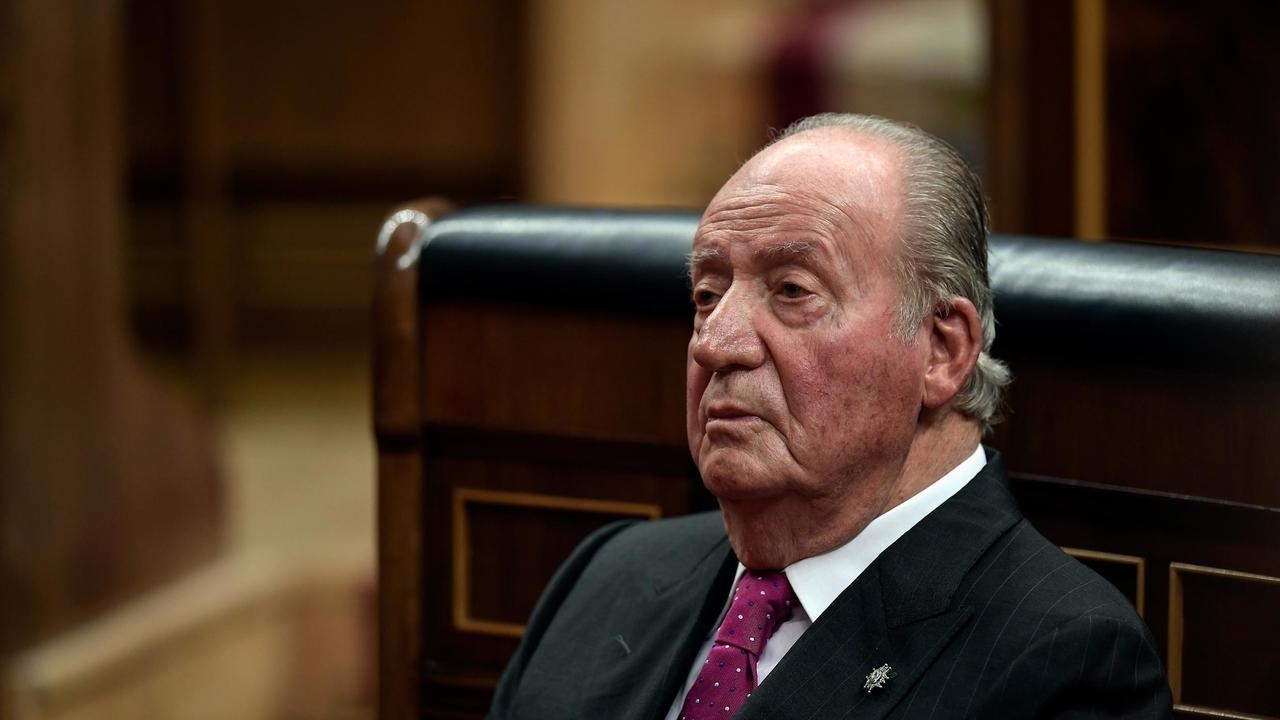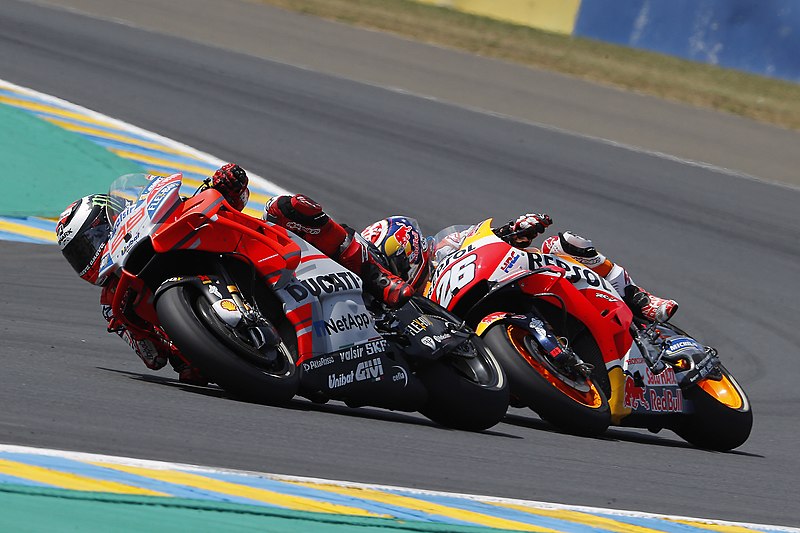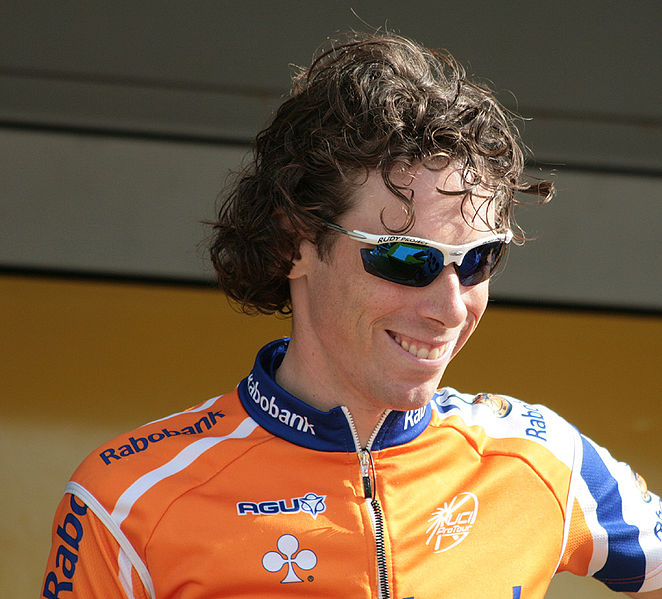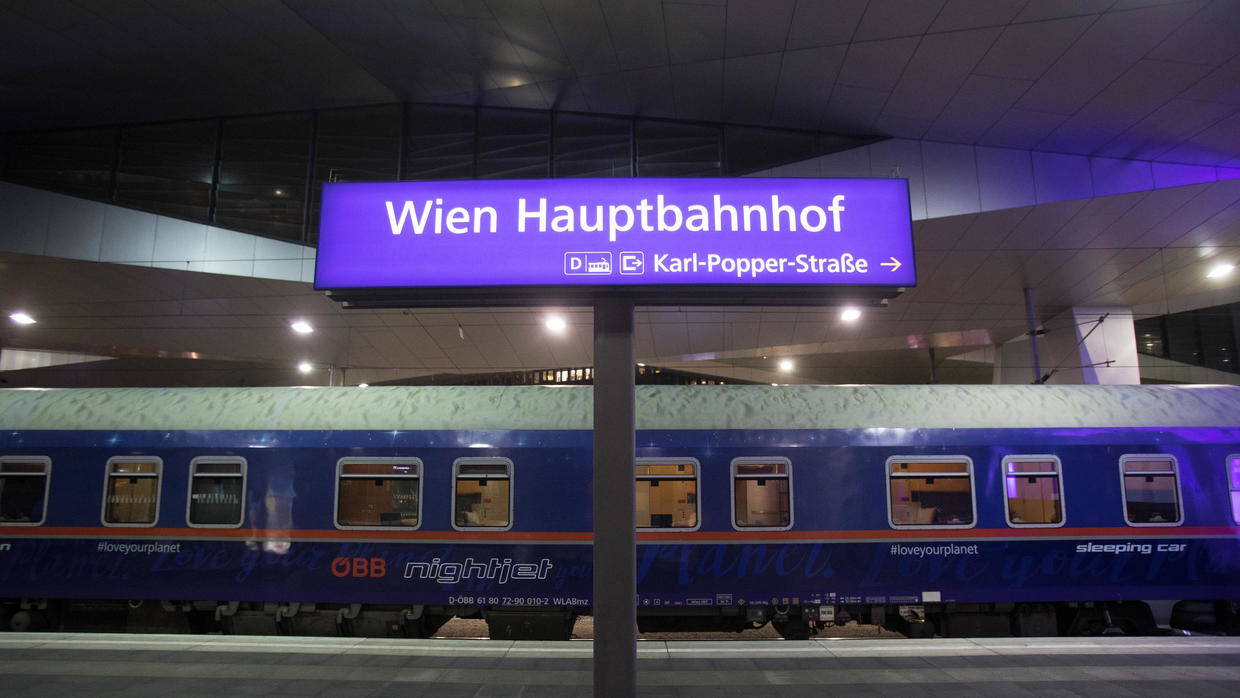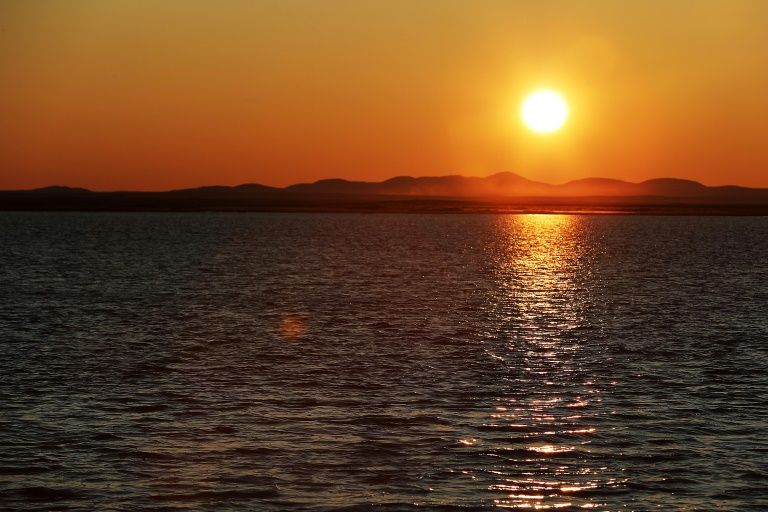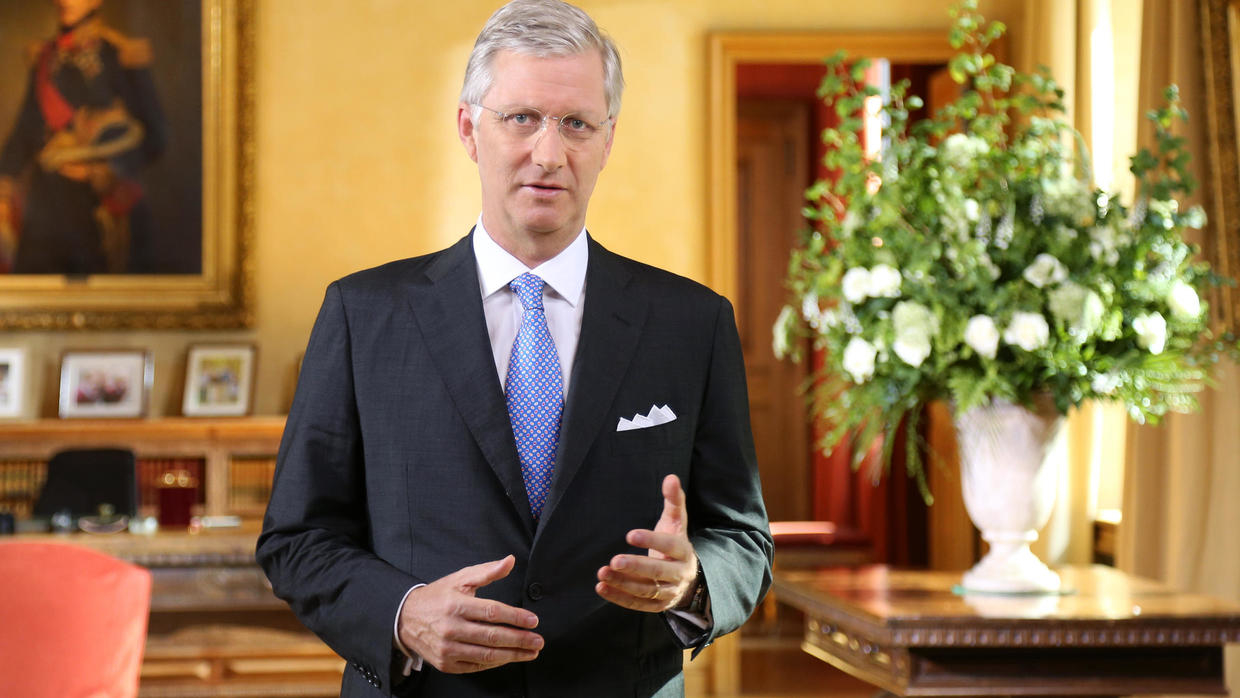Economía
-
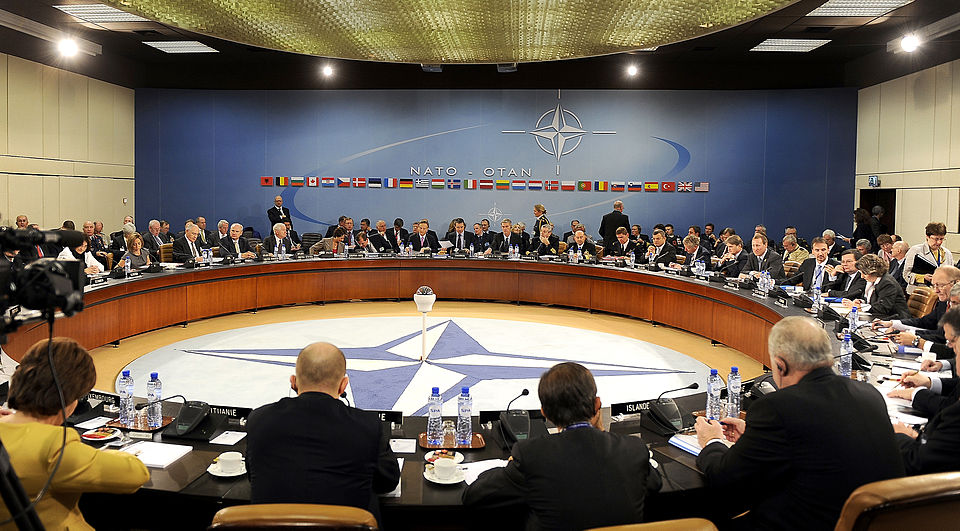 España no se Preocupa por las Consecuencias de No Alcanzar el Objetivo del 5% en Gasto en Defensa de la OTAN
España declaró el miércoles que no anticipa consecuencias negativas por no alcanzar el objetivo propuesto por la OTAN de destinar el 5% de su producto interior bruto (PIB) al gasto en
España no se Preocupa por las Consecuencias de No Alcanzar el Objetivo del 5% en Gasto en Defensa de la OTAN
España declaró el miércoles que no anticipa consecuencias negativas por no alcanzar el objetivo propuesto por la OTAN de destinar el 5% de su producto interior bruto (PIB) al gasto en -
 El sector manufacturero de España vuelve al crecimiento en mayo, según el PMI
La industria manufacturera de España repuntó en mayo, marcando su primera expansión desde enero, impulsada por un aumento en las ventas y una disminución de las tensiones comerciales
El sector manufacturero de España vuelve al crecimiento en mayo, según el PMI
La industria manufacturera de España repuntó en mayo, marcando su primera expansión desde enero, impulsada por un aumento en las ventas y una disminución de las tensiones comerciales -
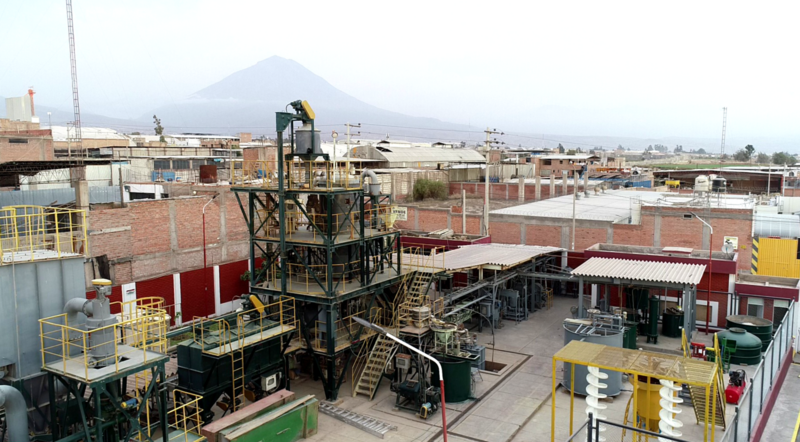 Los precios de fabricación en España suben un 2,3% en 2024 tras una caída en 2023
Los precios de fabricación en España suben un 2,3% en 2024 tras una caída en 2023
El costo de la energía impulsó los precios de fabricación en España en 2024, tras una contracción el año anterior, informó el Instituto Nacional de Estadística (INE) el viernes. -
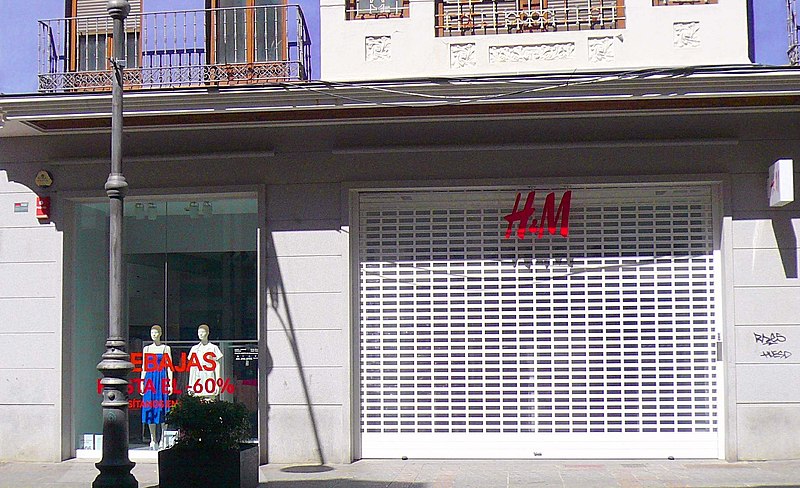 H&M planea cerrar una quinta parte de sus tiendas en España y despedir a 588 trabajadores
La gigante sueca de la moda, H&M, anunció el viernes su plan de cerrar más de una quinta parte de sus tiendas y despedir a hasta 588 trabajadores en España, hogar de su principal
H&M planea cerrar una quinta parte de sus tiendas en España y despedir a 588 trabajadores
La gigante sueca de la moda, H&M, anunció el viernes su plan de cerrar más de una quinta parte de sus tiendas y despedir a hasta 588 trabajadores en España, hogar de su principal -
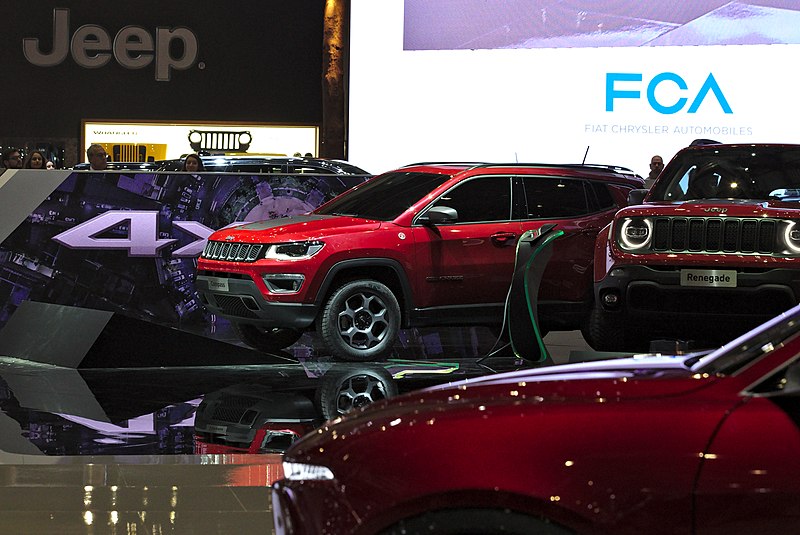 Fiat Chrysler y Peugeot Citroën confirman su fusión pese al coronavirus
El grupo francés PSA (Peugeot Citroën) y el ítalo-estadounidense Fiat-Chrysler confirmaron su voluntad de fusionarse entre fines de 2020 y principios de 2021, a pesar
Fiat Chrysler y Peugeot Citroën confirman su fusión pese al coronavirus
El grupo francés PSA (Peugeot Citroën) y el ítalo-estadounidense Fiat-Chrysler confirmaron su voluntad de fusionarse entre fines de 2020 y principios de 2021, a pesar
Ciencia
-
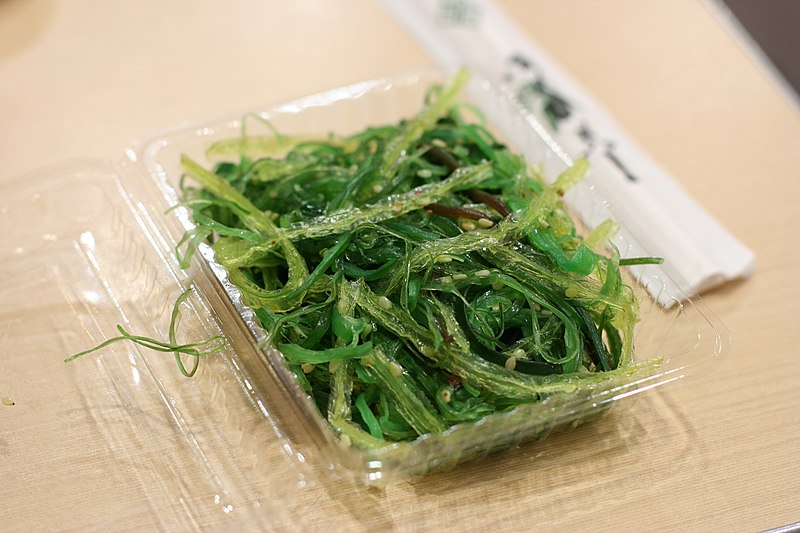 Investigaciones arqueológicas revelan que los europeos consumían algas hace 8.000 años
Las algas, a menudo llamadas el tesoro verde del mar, no son un descubrimiento culinario reciente, a diferencia de lo que se cree comúnmente. Si bien ahora las incorporamos en sushi y otros
Investigaciones arqueológicas revelan que los europeos consumían algas hace 8.000 años
Las algas, a menudo llamadas el tesoro verde del mar, no son un descubrimiento culinario reciente, a diferencia de lo que se cree comúnmente. Si bien ahora las incorporamos en sushi y otros -
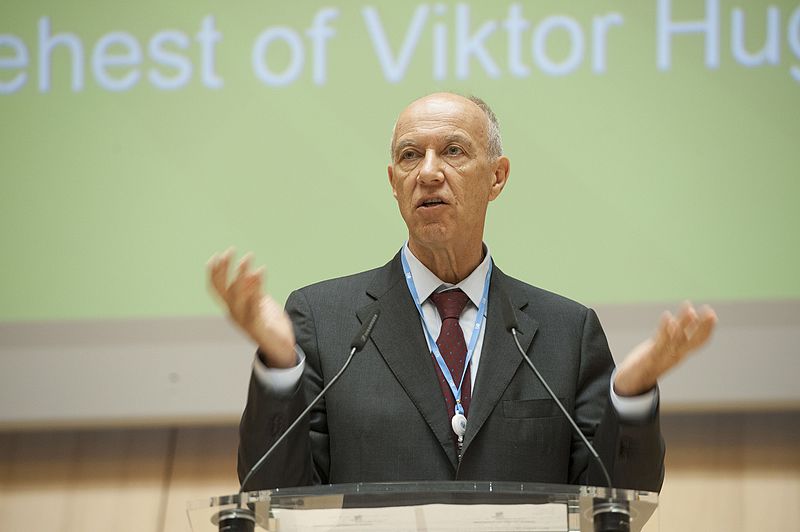 China se convierte en líder de pedidos internacionales de patentes
China se convirtió en 2019 en el principal solicitante de pedidos internacionales de patentes, desplazando por primera vez a Estados Unidos, indicó la Organización Mundial de la Propiedad
China se convierte en líder de pedidos internacionales de patentes
China se convirtió en 2019 en el principal solicitante de pedidos internacionales de patentes, desplazando por primera vez a Estados Unidos, indicó la Organización Mundial de la Propiedad -
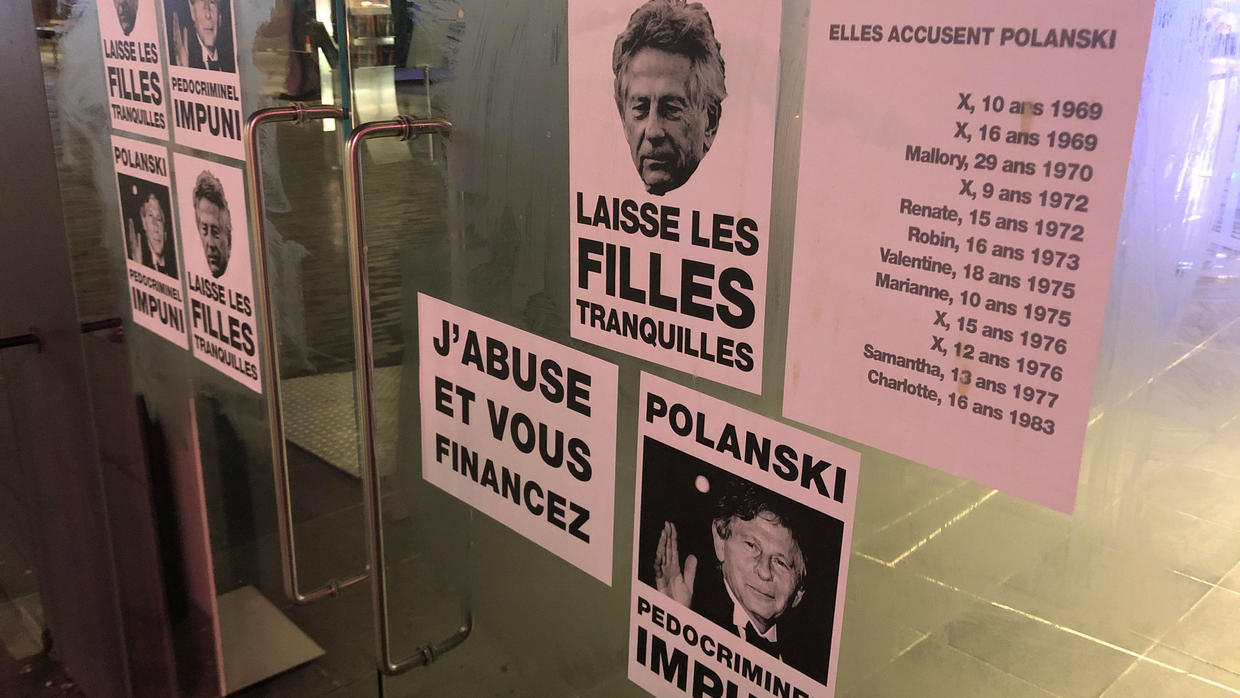 Protesters target Polanski film at cinemas in Brussels
Feminist activists defaced cinemas in Brussels with angry condemnations of director Roman Polanski's latest film overnight on Tuesday and Wednesday.
Protesters target Polanski film at cinemas in Brussels
Feminist activists defaced cinemas in Brussels with angry condemnations of director Roman Polanski's latest film overnight on Tuesday and Wednesday. -
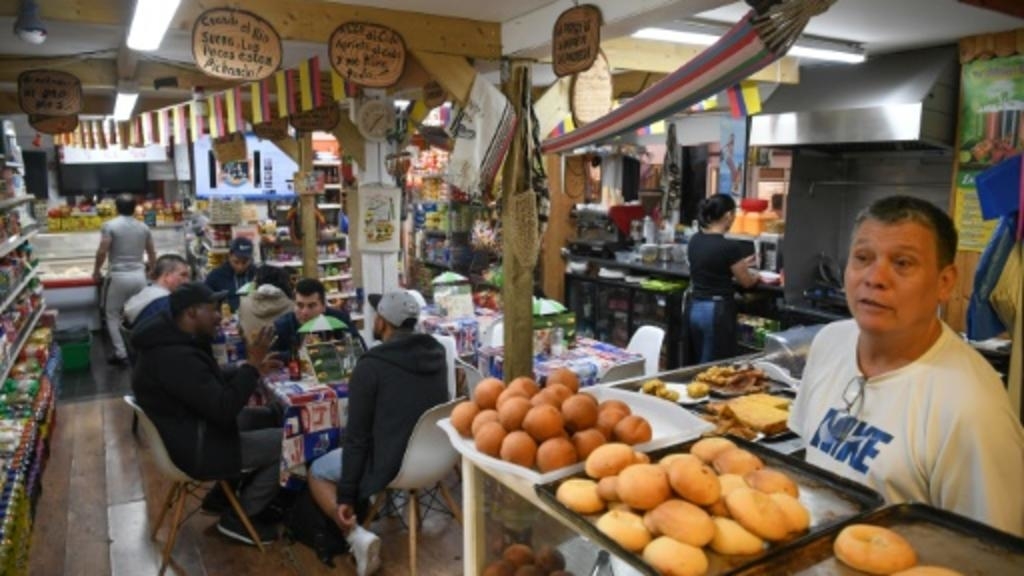 London Latino heartlands struggle for survival
Whenever London's South Americans go looking for a job, a helping hand, the flavours of home or a party with their compatriots, they head to the Latino indoor market
London Latino heartlands struggle for survival
Whenever London's South Americans go looking for a job, a helping hand, the flavours of home or a party with their compatriots, they head to the Latino indoor market -
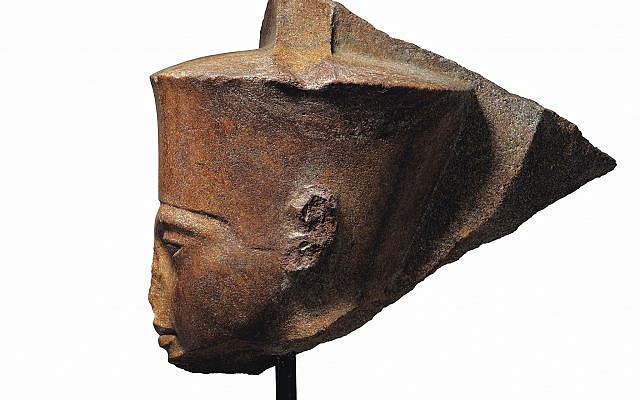 Tutankhamun sculpture’s London auction sparks Egyptian outcry
A 3,000-year-old head sculpture of an eternally-young Tutankhamun — the Egyptian pharaoh known as King Tut — goes under the hammer this week in London despite an outcry from Cairo.
Tutankhamun sculpture’s London auction sparks Egyptian outcry
A 3,000-year-old head sculpture of an eternally-young Tutankhamun — the Egyptian pharaoh known as King Tut — goes under the hammer this week in London despite an outcry from Cairo. -
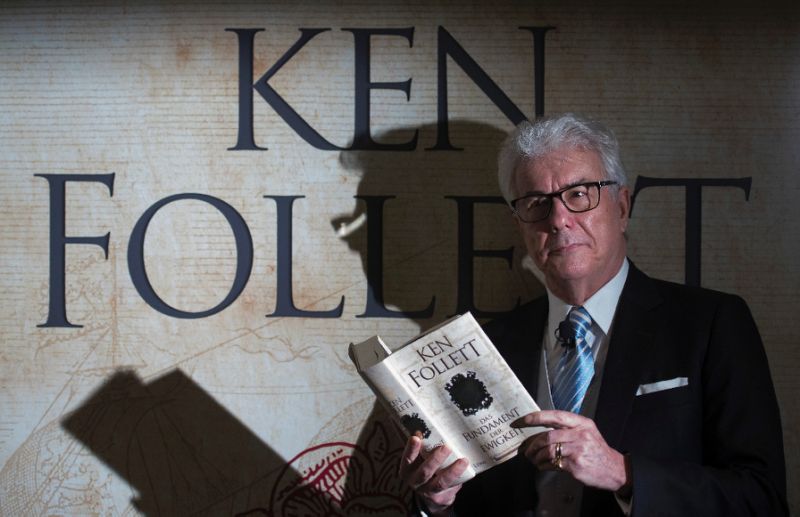 Four top British authors in novel anti-Brexit European crusade
Ken Follett, Lee Child, Kate Mosse and Jojo Moyes, four heavyweights of British literature, are launching a "Friendship Tour" of Europe to represent the 48 percent who
Four top British authors in novel anti-Brexit European crusade
Ken Follett, Lee Child, Kate Mosse and Jojo Moyes, four heavyweights of British literature, are launching a "Friendship Tour" of Europe to represent the 48 percent who -
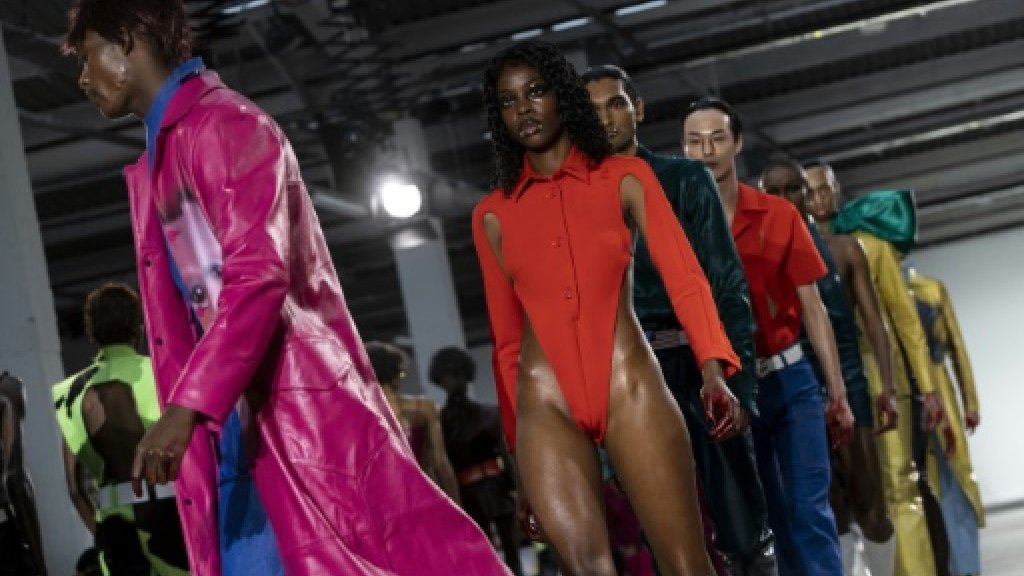 Zombies and women: London Men's Fashion Week wraps up
Models in zombie make-up and a growing number of women on the catwalks were among the eye-catching features of Men's Fashion Week, which wrapped up in
Zombies and women: London Men's Fashion Week wraps up
Models in zombie make-up and a growing number of women on the catwalks were among the eye-catching features of Men's Fashion Week, which wrapped up in -
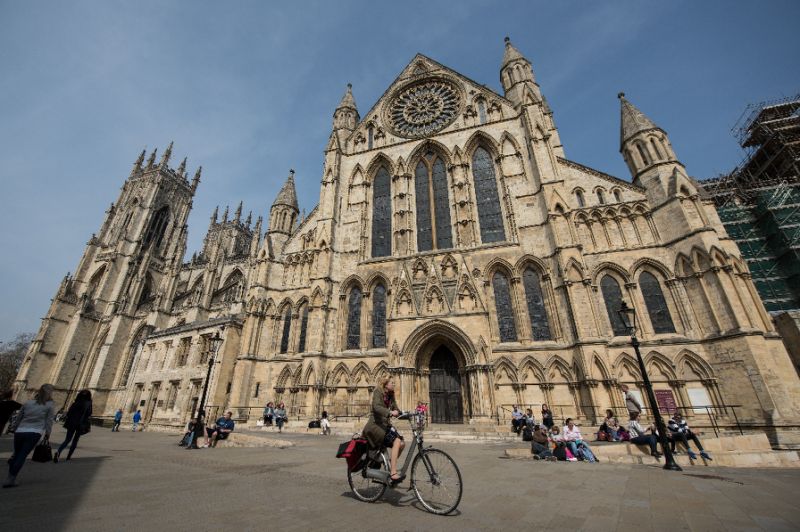 'Britain's Notre-Dame' tells fiery tale of restored glory
A bolt of lightning pierced its tower and flames licked across its thick oak roof. Thirty-five years ago it was York Minster in northern England that went up in flames.
'Britain's Notre-Dame' tells fiery tale of restored glory
A bolt of lightning pierced its tower and flames licked across its thick oak roof. Thirty-five years ago it was York Minster in northern England that went up in flames. -
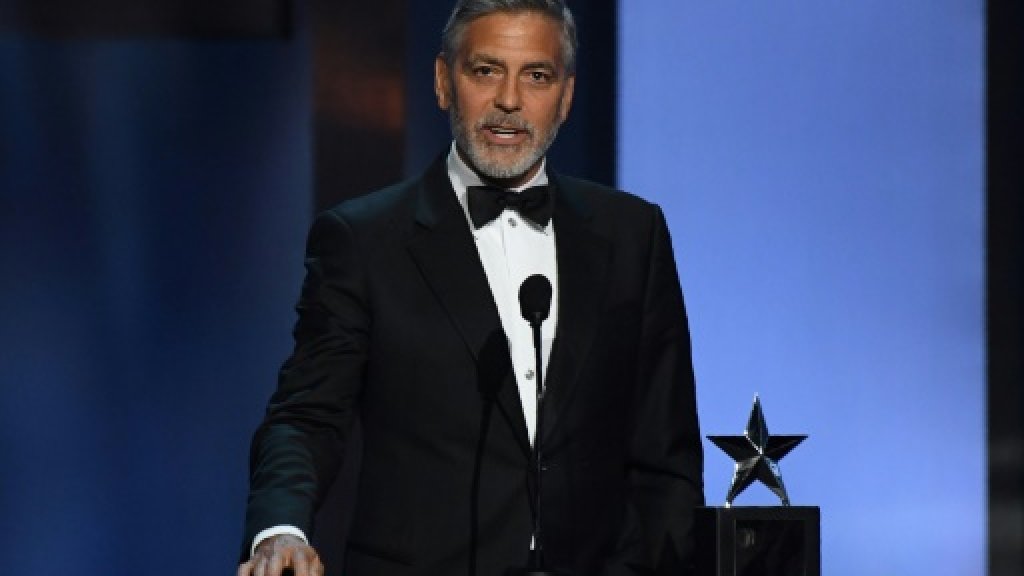 Elton John joins call for boycott of Brunei-owned hotels
British pop legend Elton John has joined "friend" George Clooney in calling for a boycott of nine Brunei-owned hotels over the sultanate's new death-penalty laws for
Elton John joins call for boycott of Brunei-owned hotels
British pop legend Elton John has joined "friend" George Clooney in calling for a boycott of nine Brunei-owned hotels over the sultanate's new death-penalty laws for -
 Ed Sheeran marries girlfriend in 'tiny wedding': report
British singer-songwriter Ed Sheeran has married his girlfriend Cherry Seaborn in a "tiny winter wedding", The Sun newspaper reported on Thursday.
Ed Sheeran marries girlfriend in 'tiny wedding': report
British singer-songwriter Ed Sheeran has married his girlfriend Cherry Seaborn in a "tiny winter wedding", The Sun newspaper reported on Thursday.
Cultura

Social media giant Facebook on Thursday banned various far-right British groups including the English Defence League from its network for promoting hate and violence.
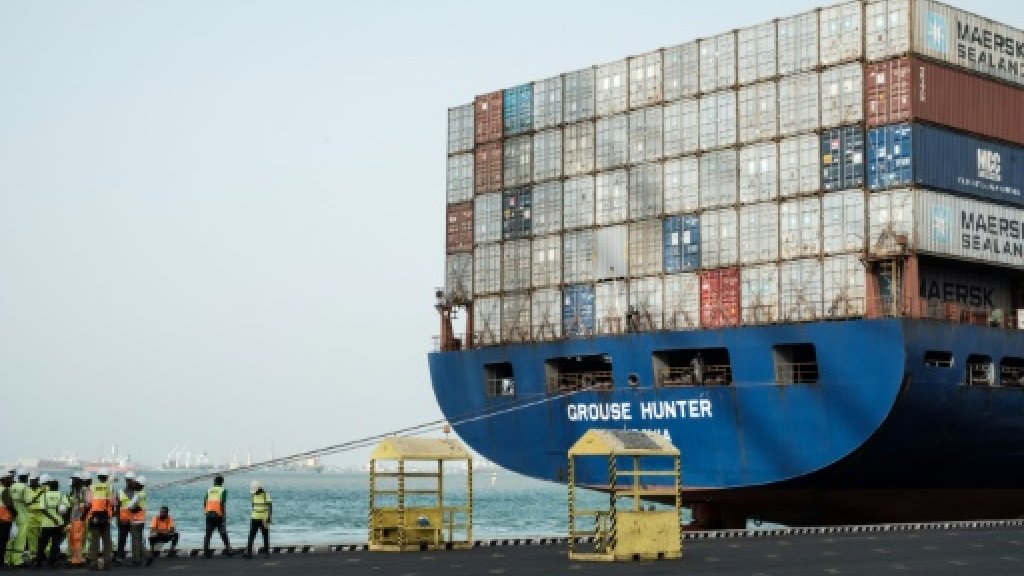
A London-based international court has ordered Djibouti to pay $385 million in compensation to UAE global ports operator DP World over a breach of contract, the

Santander's UK banking division has been fined £32.8 million for failing to process accounts and investments of deceased customers, regulators said Wednesday.

An openly gay Scottish artist who celebrated queer lives in a short film shot on an iPhone won Britain's prestigious Turner Prize Tuesday.

Mali's fabled city of Timbuktu on Thursday celebrated the recovery of its historic mausoleums, destroyed during an Islamist takeover of northern Mali in 2012 and rebuilt thanks to UN cultural agency UNESCO.
The dusty desert city formally received the keys to the precious shrines to Muslim saints dating back to medieval times at a ceremony consecrating their return that was held in the legendary Djingareyber mosque.
Al-Qaeda-linked insurgents wrecked 14 of the city's iconic earthen shrines built during Timbuktu's 15th and 16th century golden age as an economic, intellectual and spiritual centre.
To mark their reconstruction, five heads of cattle were ritually sacrificed just after dawn, ahead of a reading of the entire Muslim holy book the Koran and the handing of the keys to the families in charge of their care.
"This day celebrates the remarkable and courageous work accomplished to recover your dignity," UNESCO's Lazare Eloundou told the officials, diplomats and religious and traditional dignitaries attending the ceremony.
UNESCO has listed the city as a world heritage site in danger due to "its important role of commercial, spiritual and cultural centre on the southern trans-Saharan trading route, and its traditional characteristic construction techniques."
Islamist fighters destroyed the centuries-old shrines after seizing the city in April 2012, swiftly implementing a version of Islamic law which forced women to wear veils and set whipping and stoning as punishment for transgressions.
- 'Idolatrous' -
They considered the shrines, as well as priceless ancient manuscripts, to be idolatrous.
But in January 2013 they fled the city, driven out by a French-led international force which is still stationed in Mali but has failed to take control of remote northern reaches of the vast desert nation.

On billboards across the Florida Everglades, a burly Native American man pries open an alligator's mouth, pressing his face dangerously close to the reptile's 80 glinting teeth. "Adventures Await," the ads promise, as motorists whiz by.
The man's name is Rocky Jim, Jr., a 44-year-old Miccosukee Indian who has been wrestling alligators for 31 years, entertaining countless tourists from a sand pit and pond beneath a chickee hut along the Tamiami Trail, a two-lane road linking Miami to the port city of Tampa.
But on the final Sunday of 2015, the last remaining Miccosukee Indian in the century-old tradition of wrestling alligators decided it was time to step down, leaving no successors in sight among the tribe of around 600 people.
The end came just minutes into the 1 o'clock show, when Jim coaxed the alligator's mouth open by gently tapping its snout, then placed his hand inside.
The move is perilous only if something touches the alligator's palate -- a drop of sweat, a grain of sand -- causing the jaw to reflexively snap shut.
While pulling out his hand, he rotated it slightly and accidentally grazed a tooth.
The feeling was like "a door slamming on your hand. With sharp teeth," Jim said in an interview later.
But in the moment, as he looked down at his palm and forearm encased in the alligator's jaw, he had only one thought: "Don't shake."
"If it shakes, my hand is going to go with it," he told AFP, describing the thrashing motion alligators use to slice up fresh meat, much the same way as sharks.
"Its natural instinct is to do that," said Jim, who had been bitten several times before.

Italians call it a brindisi, the celebratory clinking of glasses to mark a special occasion.
And if the occasion is really special, there is a good chance it will involve fizz from Ferrari, the country's market leader in the production of top-end sparkling wine.
A 113-year-old family-run business based at Trento in the foothills of the Alps, this Ferrari has nothing to do with Formula One.
It has long been synonymous with Italian sporting success however, most famously when legendary striker Paolo Rossi glugged from one of its magnums after the national soccer team had triumphed in the 1982 World Cup final.
On home soil, Ferrari is also a wedding toast favourite and a perennial choice of Italian leaders seeking to impress visiting dignitaries, most recently at the World Expo in Milan, where Prime Minister Matteo Renzi teased French President Francois Hollande that he would not find anything better in Champagne.
"The great heritage of the brand is how it is entwined with Italians' lives and emotions," says the firm's youthful CEO Matteo Lunelli.
Along with a clutch of cousins, Lunelli is now looking to leverage Ferrari's domestic reputation into international growth, helped by growing critical acclaim and marketing breakthroughs like being served at the after party at this year's Emmy awards.
At the recent Champagne & Sparkling Wine World Championships in London, the Italian producer entered nine wines and secured nine gold medals, walking away with the overall best producer award ahead of venerable champagne houses Charles Heidsieck and Louis Roederer.
"It is unheard of," said bubbles authority Tom Stevenson, the competition organiser. "It has certainly never happened in any competition I have judged at around the world."
- Prosecco 'opens a door' -
Lunelli believes the export-led boom in sales of cheaper-to-produce Prosecco, which has recently surpassed champagne to become the world's most popular sparkling wine, can help Ferrari expand steadily in its target niche at the luxury end of the market.
"Of course it is a challenge to explain to customers the diversity of Italian sparkling wines, which come from very different areas and are made in very different ways," he said.
"But I'm convinced, the success of Prosecco opens a door for us," he said.
Experts are not quite so sure at a time when the trend in wine marketing is towards recognisable brands -- something Prosecco, with its easy-drinking style and easy-to-remember name, has benefited from.

Facebook on Wednesday said it would block access to its website by non-members in Belgium, as it battles a court order to stop tracking Internet users who do not have accounts with the US social media giant.
The decision follows a so-far fruitless attempt to strike a deal with Belgium's privacy watchdog after it lodged a legal complaint over Facebook's tracking of Internet users when they visit pages on the site or click "like" or "share", even if they are not members.
Once the court order is officially received, "people without Facebook accounts in Belgium will have to log in to Facebook before they can see Facebook pages and other content," the California-based firm said in an emailed statement.
"This means people without a Facebook account will need to create and log into a Facebook account to view this content," it said.
If carried out, it would be the first time Facebook would block access to visitors in the row over the use of so-called cookies, widely used tracking devices that follow a user's Internet activity.
Facebook has vowed to appeal against last month's court decision, but said in the meantime it would "fully comply" with the Belgian Privacy Commission. Defying the ruling would cost Facebook fines of up to 250,000 euros ($269,000) a day.

Thousands of protesters gathered in central London on Tuesday in an effort to stop Britain joining air strikes on Islamic State targets in Syria, a day before a parliamentary vote on the move.
A crowd of around 4,000 marched from parliament to the headquarters of the ruling Conservative party and main opposition Labour party nearby, in the second major London protest on the issue in four days.
"We're here to say one simple thing: 'Don't bomb Syria. Don't do what you did in 2001, 2003 and 2011'," the Stop the War Coalition protest movement's Lindsey German told the crowd, referring to British involvement in wars in Afghanistan, Iraq and Libya.
"Don't go and bomb a country where me make the war even worse."
Parliament looks set to vote in favour of joining the bombing campaign against Islamic State (IS) jihadists in Syria on Wednesday, paving the way for sorties by British jets to start within days.
The debate has become increasingly heated, with Prime Minister David Cameron labelling Labour leader Jeremy Corbyn and his allies "a bunch of terrorist sympathisers" for opposing the strikes, British media reported.

How much sex is enough? Just once a week is all it takes for optimal happiness among married heterosexual couples and those in long-term relationships, said a US study Thursday.
The findings are based on surveys of more than 30,000 Americans collected over four decades, and are published in the journal Social Psychological and Personality Science.
"Although more frequent sex is associated with greater happiness, this link was no longer significant at a frequency of more than once a week," said lead researcher Amy Muise, a social psychologist and postdoctoral fellow at the University of Toronto-Mississauga.
Sociedad
Más leído
- New Zealand to create massive marine sanctuary
- Game over? Computer beats human champ in strategy challenge
- After 100 years, Einstein's theory stands test of time
- Aspirin reduces bowel cancer risk in obese patients: study
- Your tablet screen is brought to you with the aid of ... carrots
- Plague may have sickened humans far earlier than thought
- Climate negotiators 'frustrated' over snail's pace
- China se convierte en líder de pedidos internacionales de patentes
- Overweight in midlife may speed up Alzheimer's: study
- Bear bone discovery re-writes human history in Ireland
Opinión
-
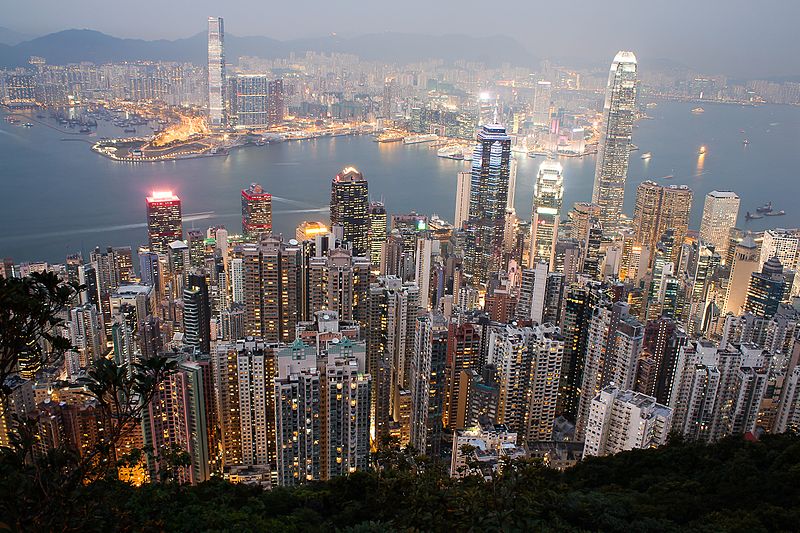 El exilio, una salida para los manifestantes de Hong Kong
Con 21 años, Crystal, una manifestante hongkonesa prodemocracia, se plantea pedir asilo en Canadá. Como muchos compatriotas suyos, quiere exiliarse...
El exilio, una salida para los manifestantes de Hong Kong
Con 21 años, Crystal, una manifestante hongkonesa prodemocracia, se plantea pedir asilo en Canadá. Como muchos compatriotas suyos, quiere exiliarse... -
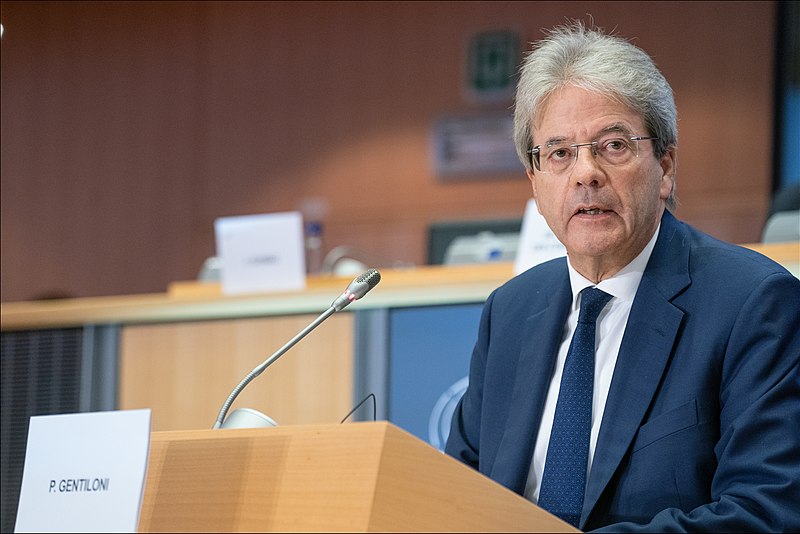 El plan de recuperación de la UE no es un programa de "rescate", dice el comisario de Economía
El plan de 750.000 millones de euros propuesto por la Comisión Europea para ayudar a los países europeos a salir de la crisis no es un programa de...
El plan de recuperación de la UE no es un programa de "rescate", dice el comisario de Economía
El plan de 750.000 millones de euros propuesto por la Comisión Europea para ayudar a los países europeos a salir de la crisis no es un programa de... -
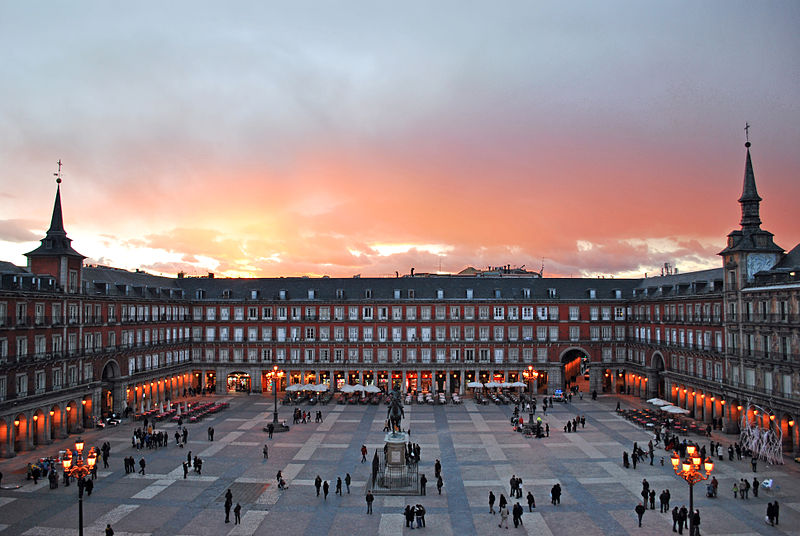 España levantará la cuarentena para los turistas extranjeros el 1 de julio
El gobierno español indicó el lunes que la cuarentena impuesta a los visitantes extranjeros será eliminada a partir del 1 de julio, después de...
España levantará la cuarentena para los turistas extranjeros el 1 de julio
El gobierno español indicó el lunes que la cuarentena impuesta a los visitantes extranjeros será eliminada a partir del 1 de julio, después de... -
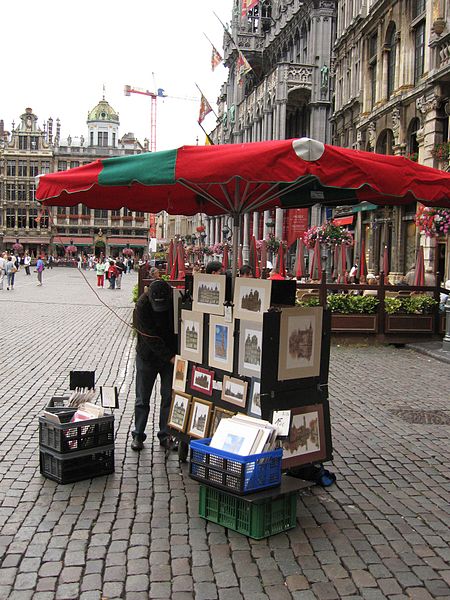 Una parte de Europa se va de tiendas con el desconfinamiento
De Bruselas a Estambul, miles de ex confinados redescubrieron este lunes sus tiendas o sus centros de belleza preferidos a la búsqueda de un delineador...
Una parte de Europa se va de tiendas con el desconfinamiento
De Bruselas a Estambul, miles de ex confinados redescubrieron este lunes sus tiendas o sus centros de belleza preferidos a la búsqueda de un delineador... -
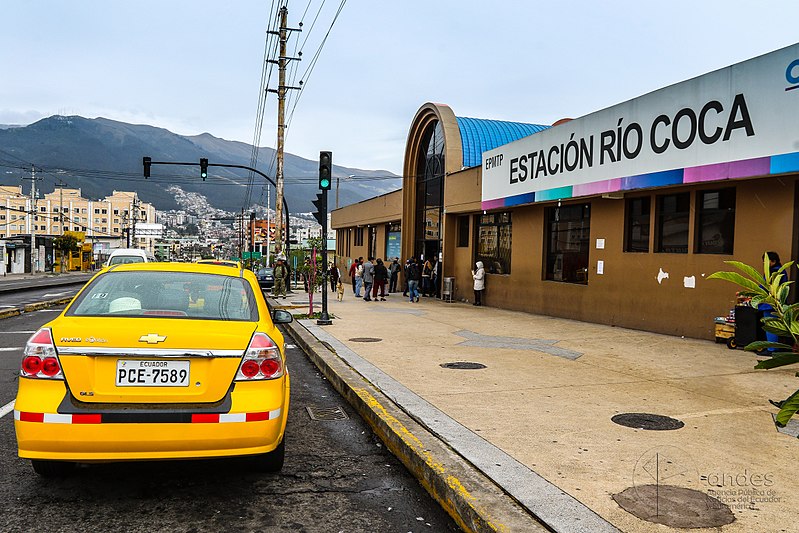 Principal oleoducto de Ecuador fue reparado y está operativo
El principal oleoducto de Ecuador fue reparado y se encuentra operativo tras sufrir daños por un derrumbe ocurrido el 7 de abril que afectó a otras...
Principal oleoducto de Ecuador fue reparado y está operativo
El principal oleoducto de Ecuador fue reparado y se encuentra operativo tras sufrir daños por un derrumbe ocurrido el 7 de abril que afectó a otras... -
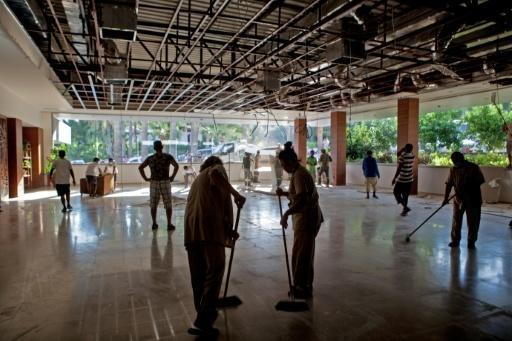 12 hurt as arms depot blasts damage north Cyprus hotel
A string of nighttime explosions at a Turkish military base in northern Cyprus damaged a nearby seaside hotel and injured 12 people Thursday, prompting...
12 hurt as arms depot blasts damage north Cyprus hotel
A string of nighttime explosions at a Turkish military base in northern Cyprus damaged a nearby seaside hotel and injured 12 people Thursday, prompting... -
 Migrant drowns off Belgium while trying to swim to UK
The body of an Iraqi migrant who tried to swim across the Channel from France to Britain has been found off Belgium's coast, Belgian authorities said...
Migrant drowns off Belgium while trying to swim to UK
The body of an Iraqi migrant who tried to swim across the Channel from France to Britain has been found off Belgium's coast, Belgian authorities said...

